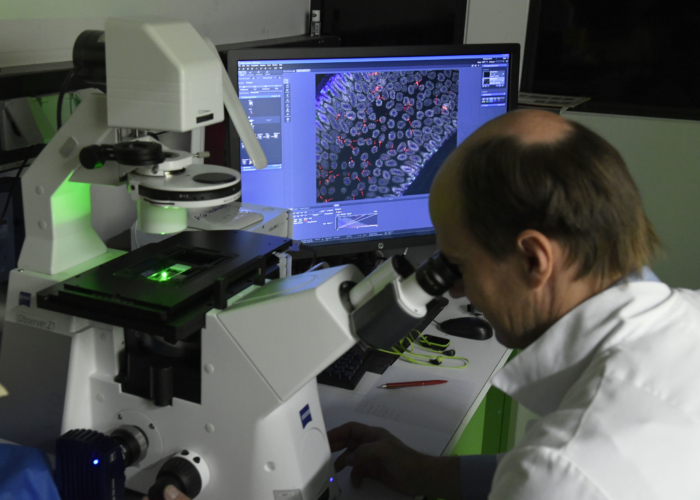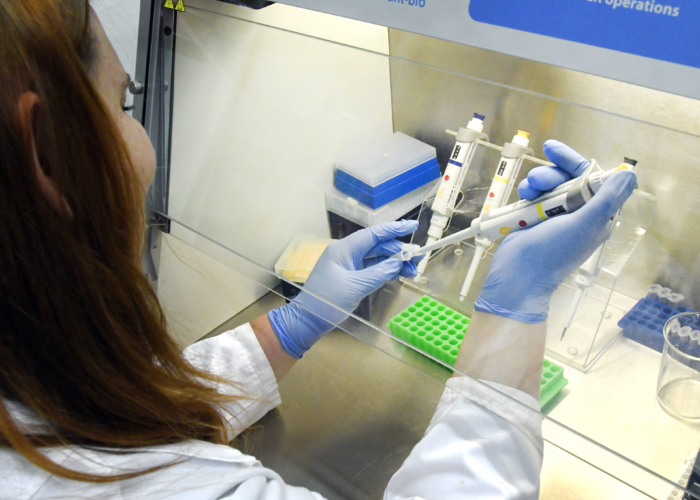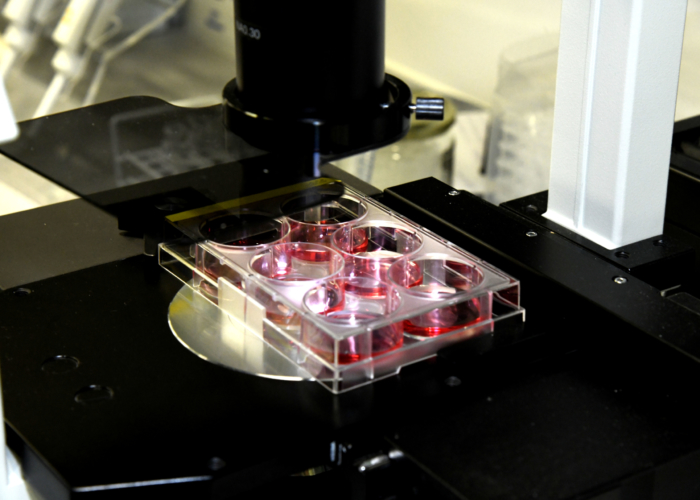B01: Enterohepatic cooperation in the postnatal establishment of immune homeostasis
With birth, the intestinal bacterial colonization starts and leads to a dense and dynamic enteric microbiota. Concomitantly, the intestinal epithelium matures and the liver undergoes functional transition from a hematopoietic organ to a central organ of metabolic regulation and immune surveillance. We have extensively studied the mechanistic adaptations that allow the newborn intestine to adjust to this situation.
In this project we will
- extend this work to include the neonatal hepatic system.
- characterize the mechanisms that generate a cooperative gut-liver barrier and establish homeostatic host-microbial interactions after birth.
- Use gnotobiotic animal models, e. mice with a defined microbiota, to explore transcriptome networks and test candidate molecules in functional assays.
- analyze the functionality of the intestinal and hepatic barrier during the postnatal period and will define its role for systemic dissemination of intestinal products and the development of immune responses.



